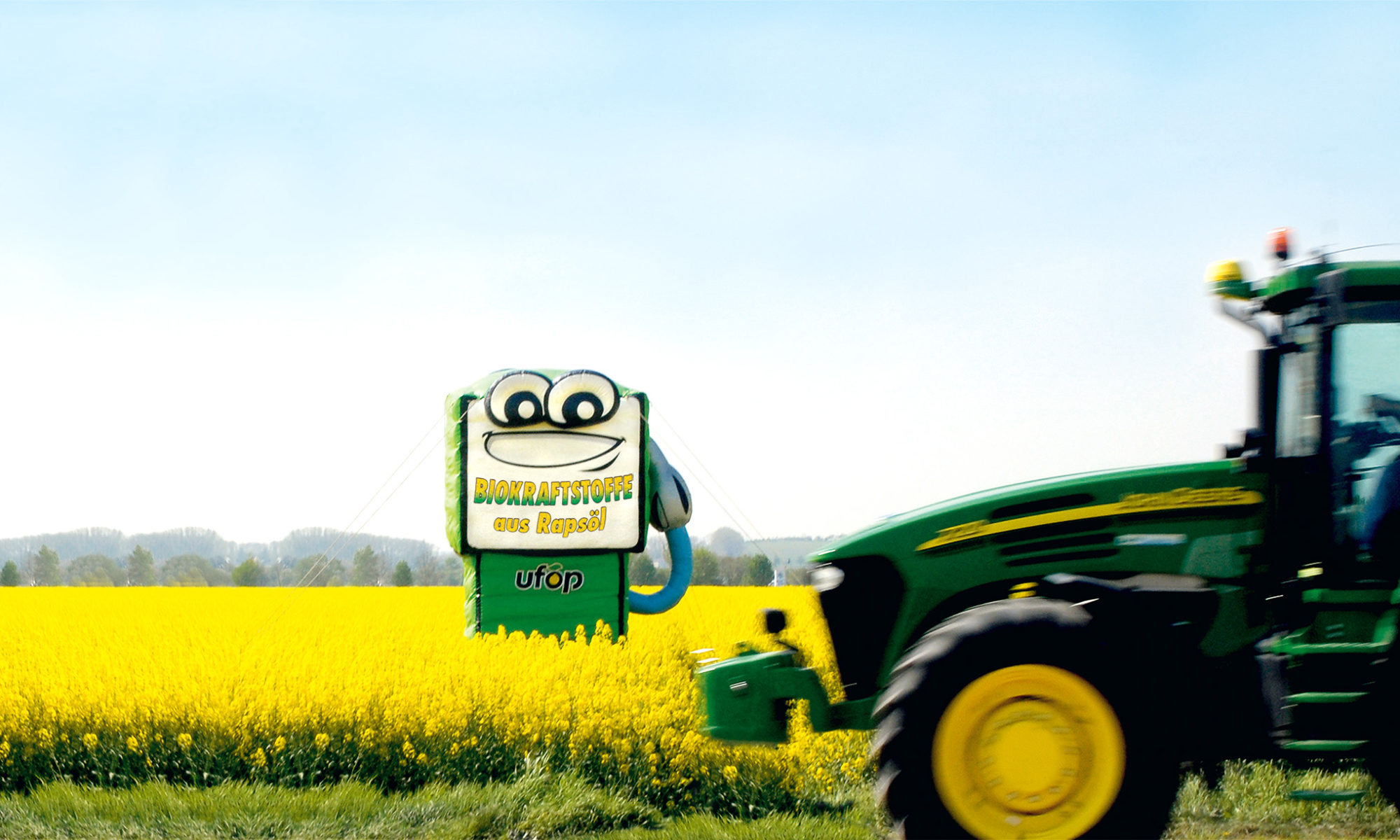The conclusion is remarkable, because it is widely believed that the production of biofuel feedstocks competes with the cultivation of food crops, which can be detrimental to food security and have a negative impact on the environment. However, various studies show how biofuel production policies can actually lead to more efficient and sustainable production methods, with a net positive effect on land use.
In the EU and other areas of the world, biofuels are currently blended with conventional fuels. According to the experts, the production of bioethanol from sugars and starch or biodiesel from fats and oils can be increased during periods when these raw materials are abundantly available. In times of abundance, the prices of these bulk products are lower. Conversely, the production of biofuels can be reduced if there are few raw materials available and prices are high.
Virtual buffers
The researchers therefore recommend developing mechanisms that enable temporary adjustments in the production of biofuels, so that impending food crises can be prevented. These types of “virtual buffer systems” can accommodate fluctuations in the availability of raw materials for food, materials and chemicals.
In addition to Wageningen University & Research, scientists and experts from AgriQuest, Biomass Research, Oak Ridge National Laboratory, University of Nebraska and the RVO also contributed to the study. The findings are published in Biofuels, Bioproducts & Biorefining (Biofpr) Journal, an international resource for scientific articles on biobased products and fuels.
The article in Biofpr Journal can be read online.
Image: UFOP


